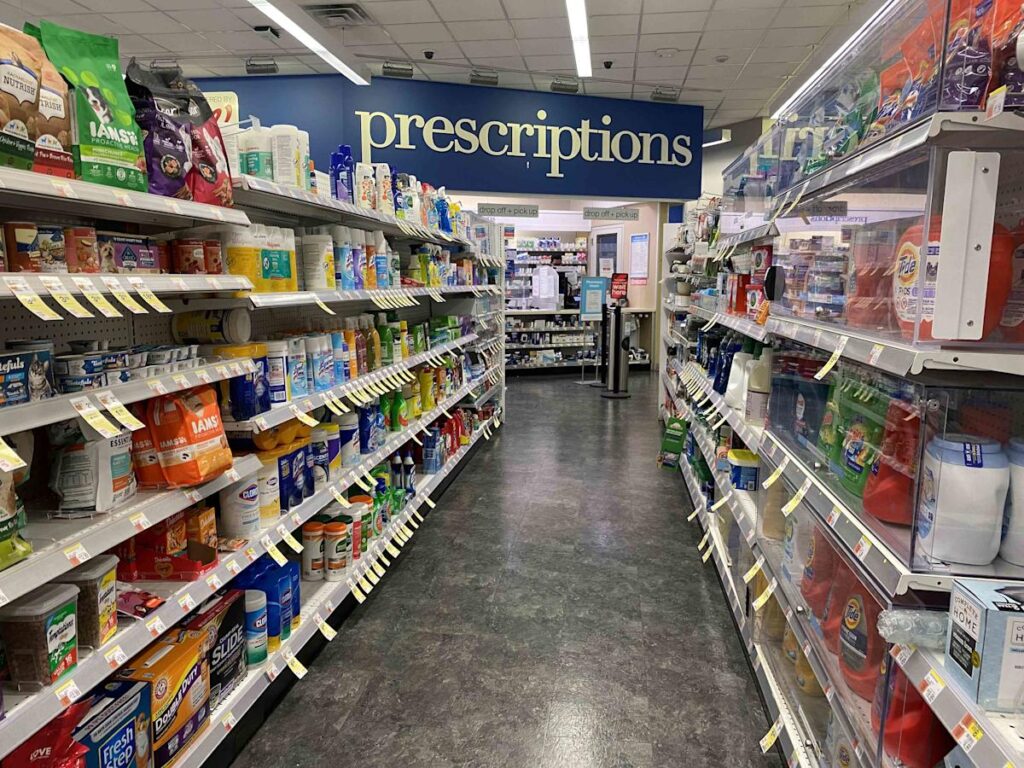Lindsey Nicholson / UCG / Universal Images Group via Getty Images
-
Executives have explained how they’re handling import taxes on recent earnings calls, with many companies saying they plan to recoup their costs through price increases.
-
Some companies, such as the parent company of Huggies, Kleenex and Scott toilet paper, said raising prices will be hard if competitors source locally.
-
A few businesses detailed plans to shift production. Others said they’re waiting for more clarity on US trade policy to finalize changes.
Tariffs are the talk of the boardroom.
With the first-quarter earnings season in full swing, executives have been busy explaining how they’re handling new import taxes. Several businesses plan to recoup costs through price increases, though some worry they’ll lose customers if they charge more. Some companies detailed plans to shift production, while others said they’re waiting for more clarity on US trade policy.
“We have factories in … basically in every region of the world. But we don’t want to take any measures that’s on something that might be temporary,” Nicolas Hieronimus, CEO of the beauty company L’Oreal, said last week, according to a transcript made available by AlphaSense. “So we are watching carefully what’s happening and trying to figure out what will be [the] end game.”
Price increases are likely at a number of companies, from Procter & Gamble (PG), which makes household goods like Tide, Charmin and Dawn, to Hermès, the France-based luxury goods giant.
American customers will pay more for Hermès’ goods beginning next month, CNBC reported, adding that the price hikes are being used to offset tariffs, and therefore, won’t be occurring in other markets.
Hasbro (HAS) CEO Chris Cocks said price increases were unavoidable, but had to be done carefully. About half of Hasbro’s games and toys originate in China, which means tariffs may reduce its profit by $60 million to $180 million this year, executives said this week.
“We definitely think $9.99 and $19.99 [price points] are important,” Cocks said.
Raising prices is risky, some companies said. Michael Hsu, CEO of Kimberly-Clark (KMB), the parent company of Huggies, Kleenex and Scott toilet paper, said some competitors source locally, so charging more may make Kimberly-Clark less competitive. Kimberly-Clark will seek to mitigate a $300 million annual hit from tariffs primarily through supply chain shifts, Hsu said this week.
“We’re trying to be disciplined on price,” Hsu said. He told analysts consumers were wary because they’re “maybe two years removed from what I would call an inflation super cycle.”


